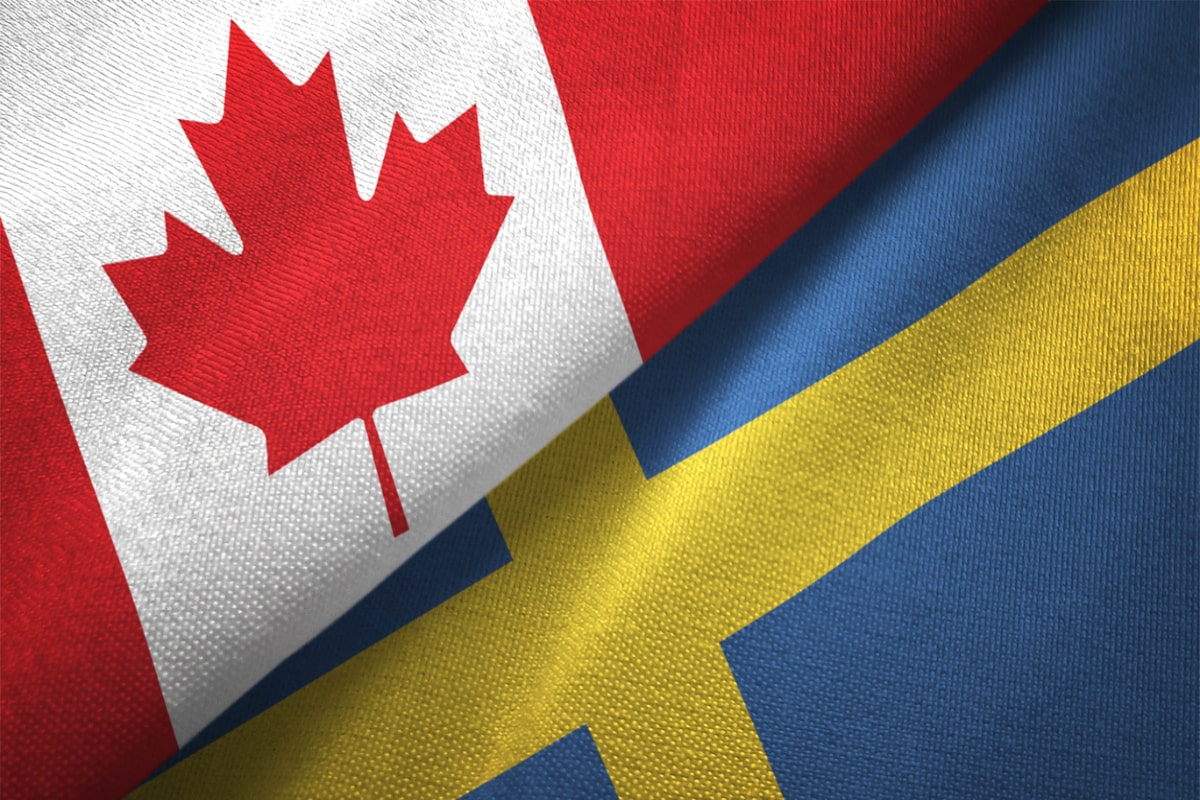Both countries have extensive natural resources and share similar goals.
Canada and Sweden want to collaborate on critical raw materials and clean energy to lead the global push towards a “green and digital future” while promoting economic growth. In a joint statement, François-Philippe Champagne, Canadian Minister of Innovation, Science, and Industry, and Ebba Busch, Deputy Prime Minister of Sweden and Minister for Energy, Business, and Industry, said the Canadian and Swedish industries are complementary and could leverage each other’s resources and expertise. The two politicians vowed to deepen their already existing partnership and emphasized the importance of cooperation in the context of geopolitical tensions and climate change. Sweden and Canada could become significant players in electric vehicle batteries, critical raw materials, and decarbonizing steel, where Swedish state-owned mining company LKAB is a forerunner, having announced the construction of a demonstration plant for climate-friendly steel earlier this year.
Both countries have recently moved into the center of attention regarding clean energy and the required critical raw materials, as both are rich in natural resources.
Earlier this year, Swedish state-owned mining company LKAB announced the discovery of Europe’s largest rare earth deposit in the northern city of Kiruna, projected to contain one million tons of rare earth oxides. While it will take years until mining can commence, the news set the Scandinavian country up to become a significant player in the sector. Rare earth elements are central components of high-power magnets used, for example, in traction motors of electric vehicles and generators of wind turbines. On the other hand, Canada positioned itself for quite some time as a global supplier of raw materials for green energy and repeatedly emphasized the value of sustainability and social aspects. For example, the North American country signed an agreement with Germany last year to supply the European nation with hydrogen and raw materials. In addition, with its vast resources, which include 31 minerals deemed critical, including cobalt, lithium, and copper, the country aims to become a leading producer and supplier of raw materials.
Photo: iStock/Oleksii Liskonih


